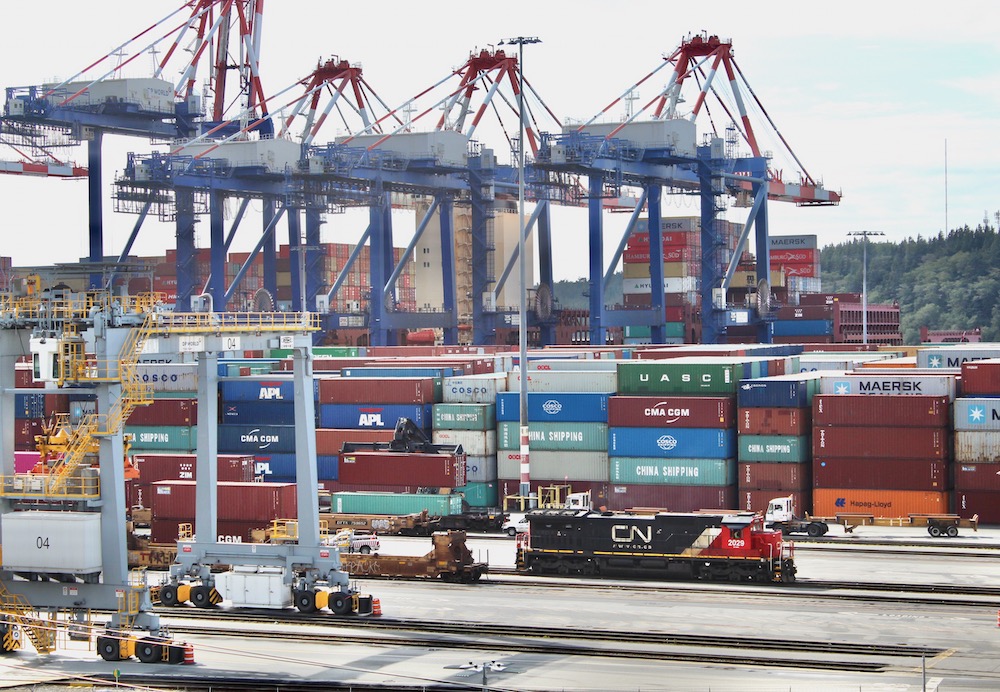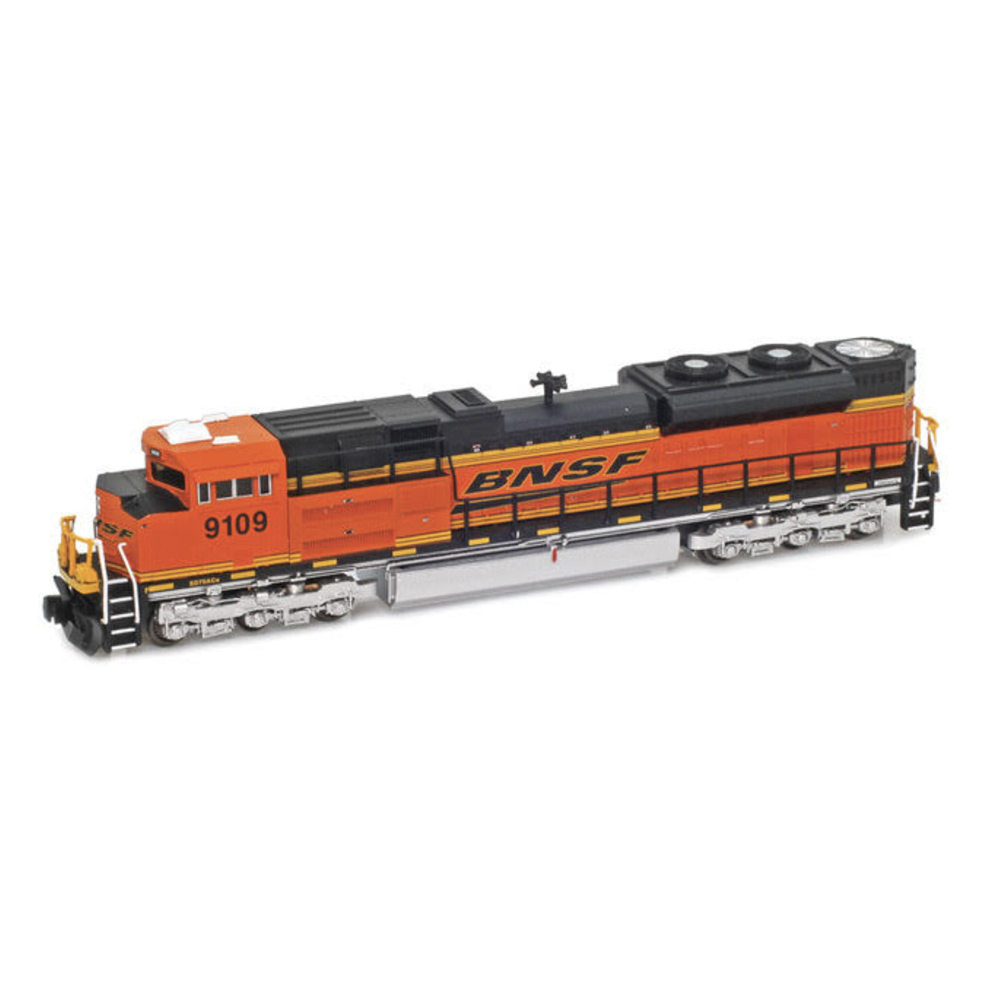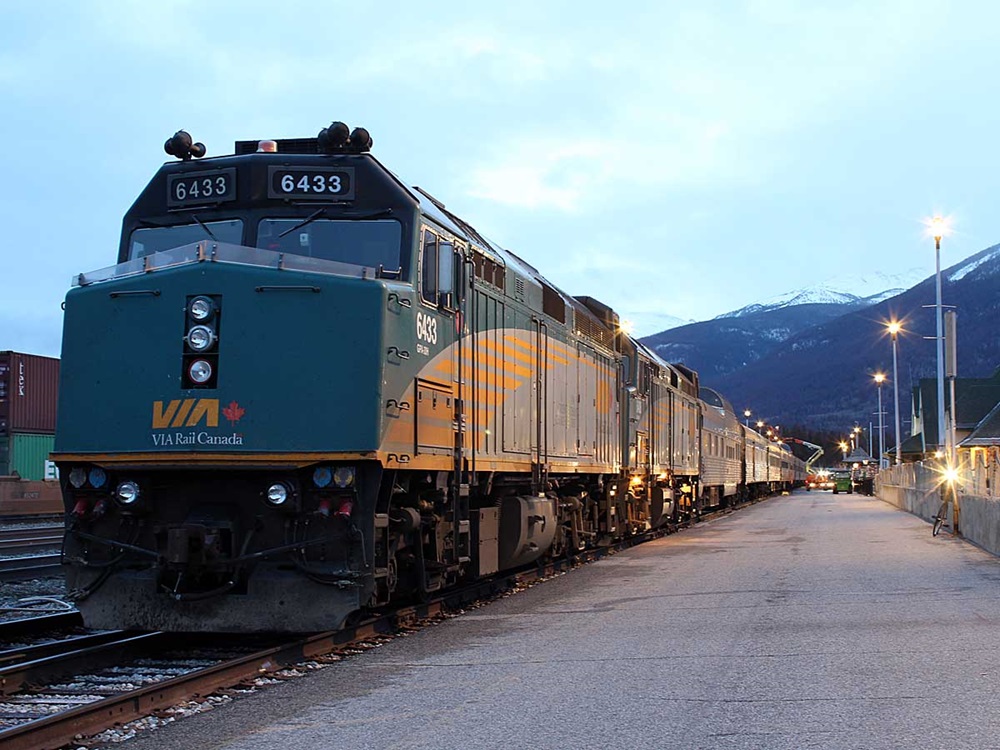
VANCOUVER, British Columbia — Port workers in British Columbia went on strike Saturday, an action with the potential for impacts on the Canadian and U.S. economies and immediate significance for three Class I Railroads.
Members of the International Longshore and Warehouse Union Canada’s Longshore Division walked out at 8 a.m. Saturday. The move affects about 7,400 workers and 49 employees at 30 ports. That includes Vancouver — Canada’s busiest port, served by Canadian National, CPKC, and BNSF Railway — and Prince Rupert, served solely by CN and a significant element in that railroad’s intermodal success [see “Continued growth at Prince Rupert will fuel capacity expansions …,” Trains News Wire, May 17, 2023].
The CBC reports Canada’s Minister of Labour, Seamus O’Regan, came to Vancouver in response to the job action and that the government was assisting in talks that were continuing Saturday night.
The contracting out of jobs, port automation, and wages are the key strike issues, the union said. The ILWU said 99.24% of its members had previously voted in favor of a strike.
The union said in a Facebook post announcing the strike that it has been willing to bargain with the British Columbia Maritime Employers Association since February, but that the strike was necessary “for the future of our workforce.” The employers’ group said it has “made repeated efforts to be flexible and find compromise on key proprieties, but regrettably, the parties have yet to be successful in reaching a settlement.”
Matthew Holmes, senior vice president of policy and government relations for the Canadian Chamber of Commerce, told CityNews that about C$800 million in goods move through B.C. ports daily, and that the cost of a one-week strike could reach C$5.5 billion.
“It’s a significant number and we need to see the government take it seriously,” Holmes said.
“We respect the right of workers to bargain and negotiate; we want to see them do that in good faith with the employer group at the table … But we need to see the government not let this drag on at all, and we will be calling for more measures if it does.”
CNBC reports about 15% of traffic at the Port of Vancouver is coming from or going to the U.S., and about two-thirds of containers arriving at Port Rupert are U.S.-bound.
Cruise ships were not being affected by the strike, and bulk grain was also still moving, although containerized grain was not.














Even the Candian longshoreman are greedy, it’s not like they have much breakbulk work to do anymore. Yes, you have to be skilled to operate the container cranes, but it’s not that demanding of a job. At least they fear being automated out of work as they should be.
Coal is also still moving at Prince Rupert and Vancouver as their employees are represented by a different union.